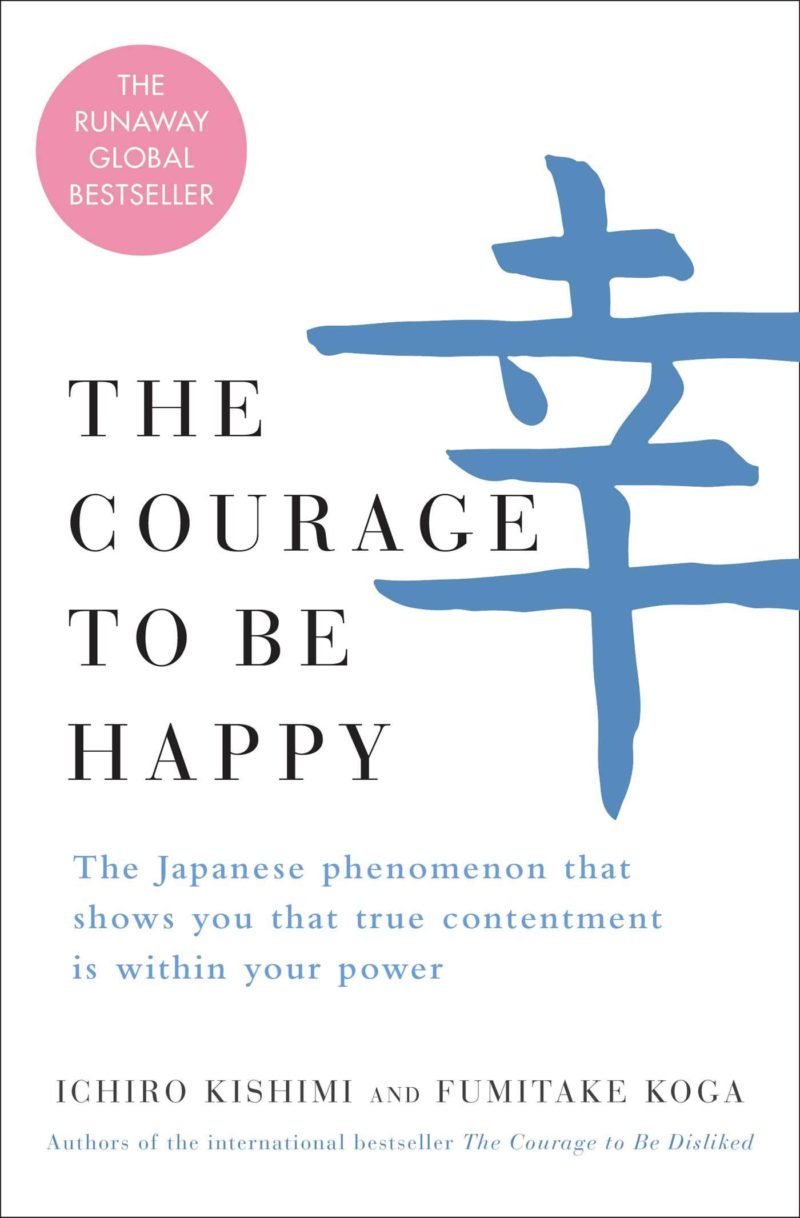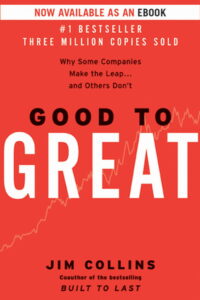And all human happiness is interpersonal relationship happiness
“The world is simple, and life is too.’ ‘But keeping it simple is difficult, and it is there that the passage of days become one’s trial.”
Subjects: Education, Psychology, self help
When I was reading the first book, I thought Courage to be Happy would be a perfect title to the Book Review article. Little did I know that there is a second part to the book which the authors wrote after success of first book.
The Book The Courage to be Happy is the second part to Book Review: The Courage to be Disliked. It focuses putting Adler’s ideas into practice and leading a happy life. It is also a collection of behavioural guidelines showing how one may progress towards the objectives laid out in the first book. It should not be read before reading the first book, although key concepts have been repeated.
Major part of this book focuses on education, as Adler’s greatest achievements was the establishment of numerous child guidance clinics, the first in the world in public schools, under the aegis of the city of Vienna. Adler was deeply interested in socialism while at university but after experiencing the realities of the Russian revolution after World War I, Adler concentrated on educational reform than political reform.
“The teacher moulds the minds of children and holds the future of mankind in his hands.”
As the conversation goes on between the philosopher and the youth who is struggling to implement Adler’s ideas in his classroom, the philosopher gives detailed explanation on various topics like respect and love.
PHILOSOPHER: In this world, no matter how powerful one is, there are two things that cannot be forced.
YOUTH: What are they?
PHILOSOPHER: ‘Respect’ and ‘love’. For example, let’s say the person at the top of a company organisation is an authoritarian despot. The employees will follow his orders, certainly. And they will probably display obedient behaviour. But that is submission based on fear, without an iota of respect. He can shout, ‘Respect me,’ but none of them will comply. In their hearts, they will just grow more and more distant from him…
Respect is a ball that comes back to you only from the person to whom you pass it. It’s just like throwing a ball at a wall. If you throw it, it might come back to you. But nothing is going to happen if you just face the wall and shout, ‘Give me the ball.’
Like the first book, the youth opposes what philosopher says, or tries to find flaws in the argument, but eventually philosopher manages to convince the youth and clears his doubts. There are some powerful ideas, like “I repeat, the past does not exist. The past you speak of is nothing more than a story skilfully compiled by ‘you now’. Please understand this point.” which are difficult to understand and implement in real life.
I found the first book more powerful, the second one is more practical. Although the title is courage to be happy, happiness is covered towards the end which is culmination of all the ideas in the book. Like how to get rid of anger
Take, for example, the man who tries to push his arguments at such times, not with actual violence perhaps, but through attempting to coerce the other party, by raising his voice, slapping his hand on the table or shedding tears. These kinds of conduct, too, must be regarded as low-cost, violent communication … You understand what I am saying, yes?
The book ends with saying again the ideas are simple, life is simple, but implementing them and living them is difficult
“The world is simple, and life is too.’ ‘But keeping it simple is difficult, and it is there that the passage of days become one’s trial.”




